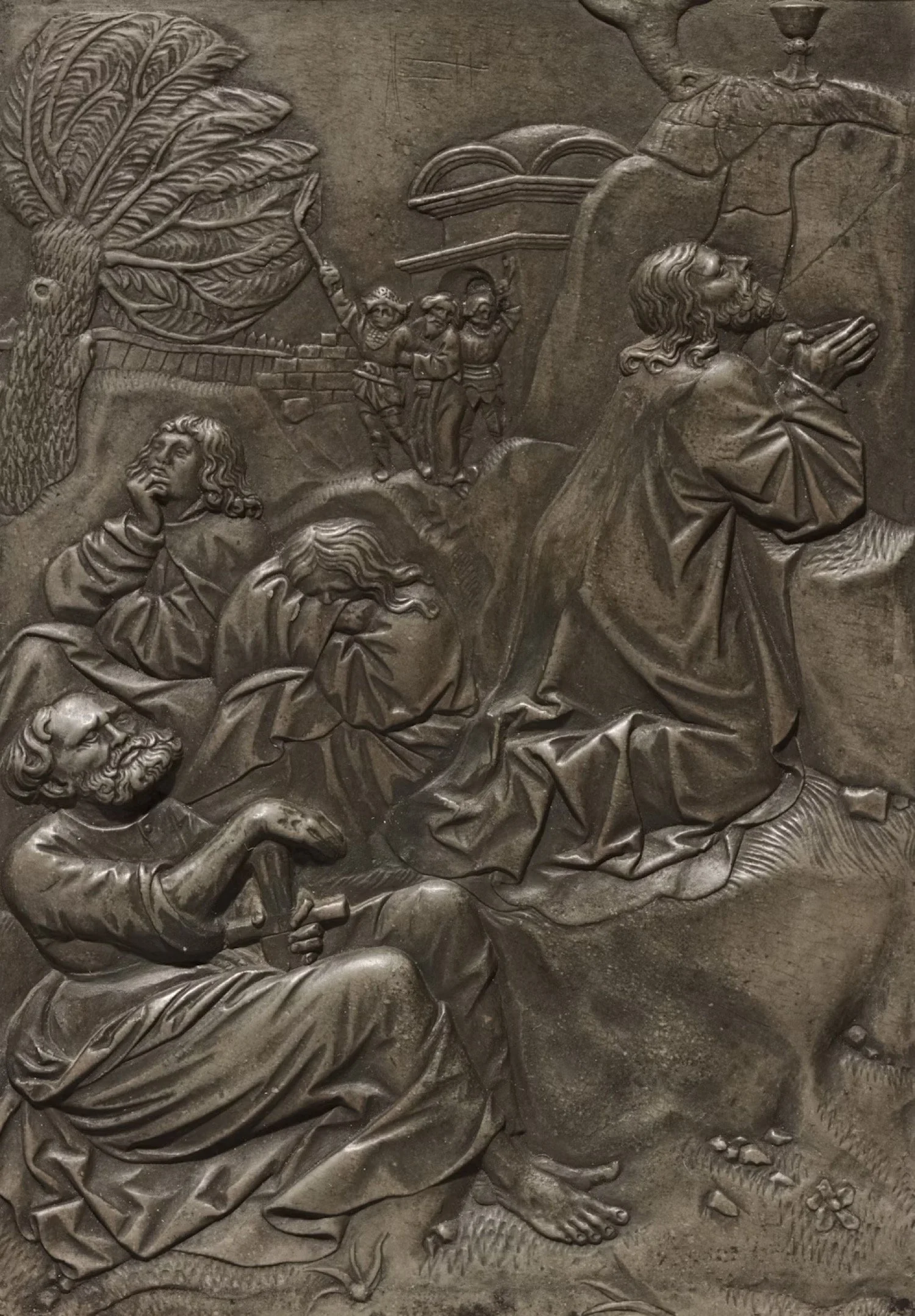Readings for today: Numbers 10-13, Psalm 90
There seems to be a yearning in the human heart for deep connection. To God. To other human beings. There is a real craving in the world today for authenticity. A desire to “be real” and be known. I hear it all the time and I feel it down in my bones as well. The problem, of course, is most folks don’t really want to engage on an authentic level because it’s not very pretty when we do! We run into all kinds of sin and ugliness and we’re not very good at accepting each other’s faults. We aren’t very good at showing each other grace. We aren’t very good at forgiveness and reconciliation because such things take a lot of work. So we settle. We settle for less in our human relationships. We settle for not being known. Not being understood. Not being connected. And worst of all, we settle in our relationship with God. We only let Him in so far. We only let Him reign and rule over parts of our lives, not the whole. We only submit halfway and the result is a lot of pain and suffering and heartache.
Nothing’s new under the sun. The people of God have been struggling with these things for thousands of years. It’s like the struggle is hardwired into our system by the Fall. (Remember that tragic event in Genesis 3? It frames everything!) You think about the blessings Israel enjoyed. A literal pillar of fire by night and a cloud by day. God visibly present among them! God’s glory filling the Tabernacle. Moses literally speaking to God on their behalf. Silver trumpets blowing every time they went forth to remind them God would be with them. The parting of the Red Sea. The deliverance from slavery in Egypt. Rescue from the plagues. Manna in the wilderness. The miracles they experienced were incredible! And still they complained! Still they struggled to believe! Still they rebelled!
“And the people complained in the hearing of the Lord about their misfortunes, and when the Lord heard it, his anger was kindled, and the fire of the Lord burned among them and consumed some outlying parts of the camp.” (Num. 11:1)
“Now the rabble that was among them had a strong craving. And the people of Israel also wept again and said, "Oh that we had meat to eat!” (Num. 11:4)
“Miriam and Aaron spoke against Moses because of the Cushite woman whom he had married, for he had married a Cushite woman. And they said, "Has the Lord indeed spoken only through Moses? Has he not spoken through us also?" And the Lord heard it.” (Num. 12:1-2)
“And there we saw the Nephilim (the sons of Anak, who come from the Nephilim), and we seemed to ourselves like grasshoppers, and so we seemed to them." (Num. 13:33)
Leading God’s people has never been easy. There is always complaining. Always whining. Always criticism. But guess what? That’s real! That’s authentic! That’s people being themselves. And if we’re honest, none of us are immune. Even Moses complains, “I am not able to carry all this people alone; the burden is too heavy for me.” (Num. 11:14) So what’s the answer? Humility. One of my favorite verses in all of Scripture is Numbers 12:3, “Now the man Moses was very meek, more than all people who were on the face of the earth.” What a statement! Moses’ leadership was not based on his power or eloquence or influence or wealth or talent. It was based primarily on his humility. His meekness. And because Moses considered others more important than himself, he wasn’t threatened. God put His Spirit on other leaders. He wasn’t threatened when God’s Spirit showed up in other parts of the camp. Reminds me of the famous quote from Harry Truman, “It’s amazing what you can accomplish if you don’t care who gets the credit.”
Humility gives us the ability to accept other people for who they are...warts and all. It gives us the ability to extend grace even in difficult circumstances. It gives us the ability to address the log in our own eye first before we go to pluck the dust out of our brother or sister’s eyes. Most importantly, it is humility that allows us to submit our lives to the Lord and to follow in His ways.
Readings for tomorrow: Numbers 14-16, Psalm 95




